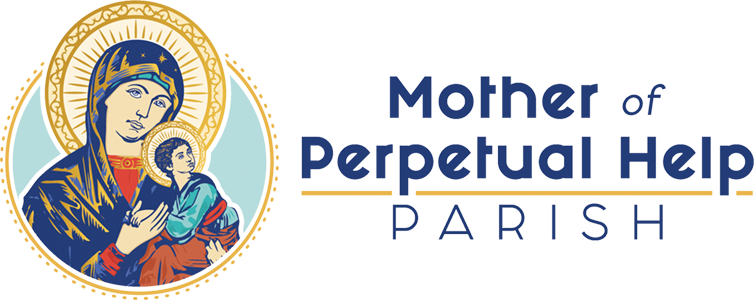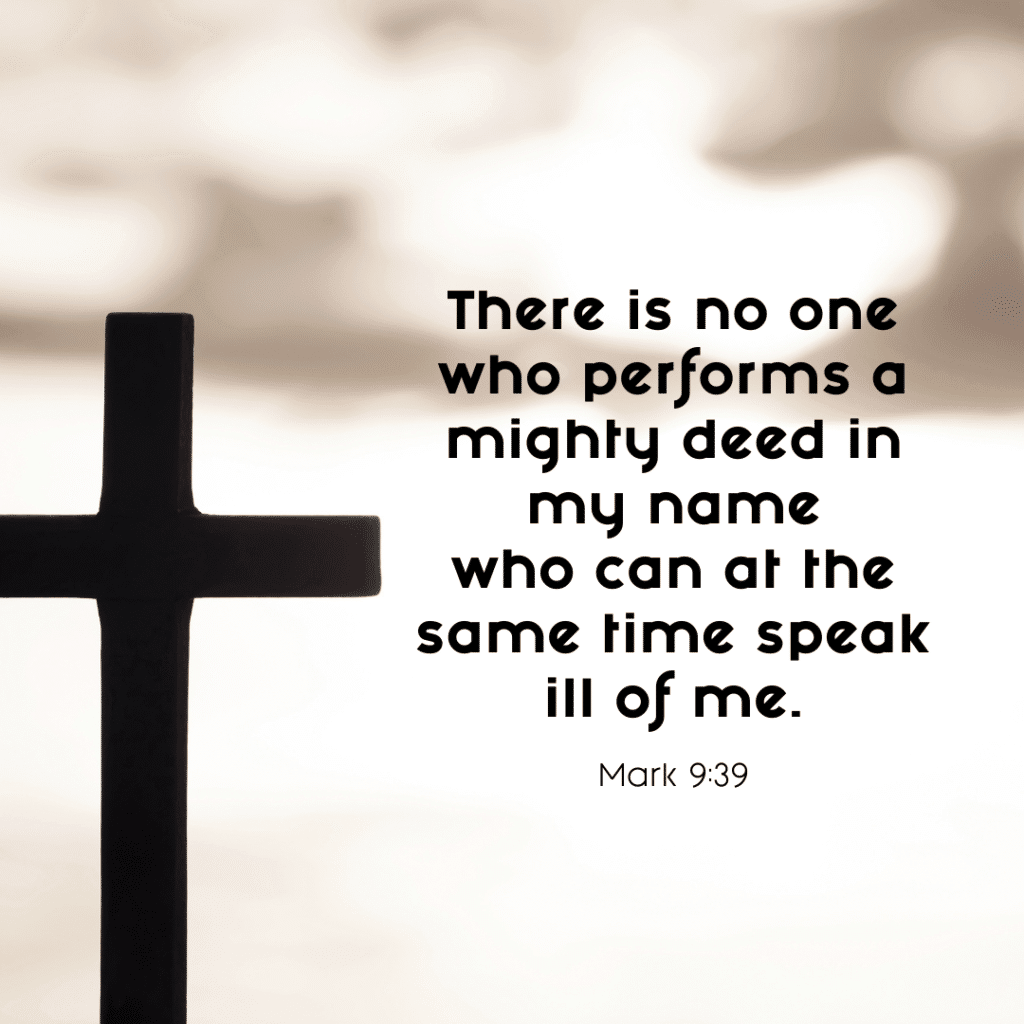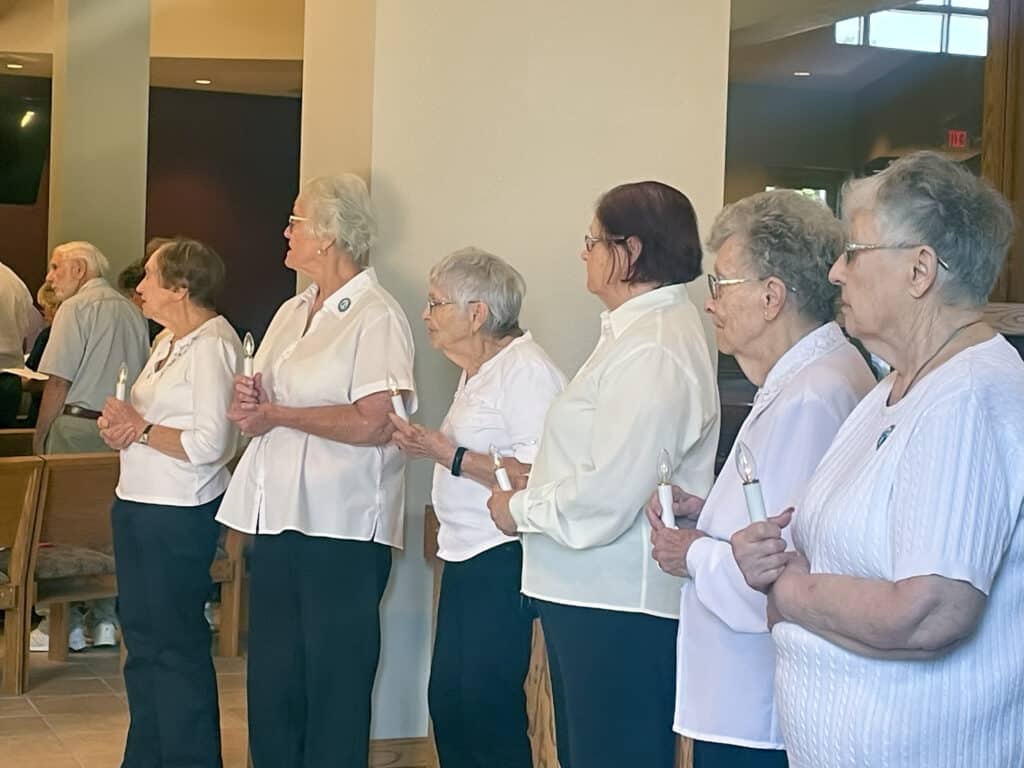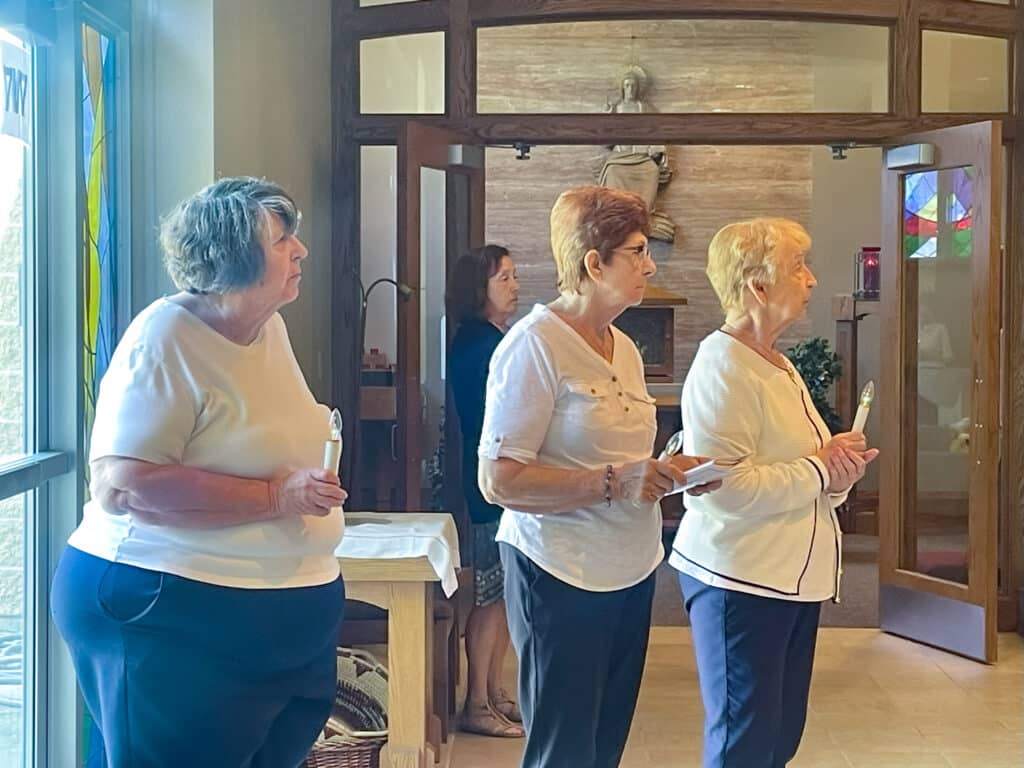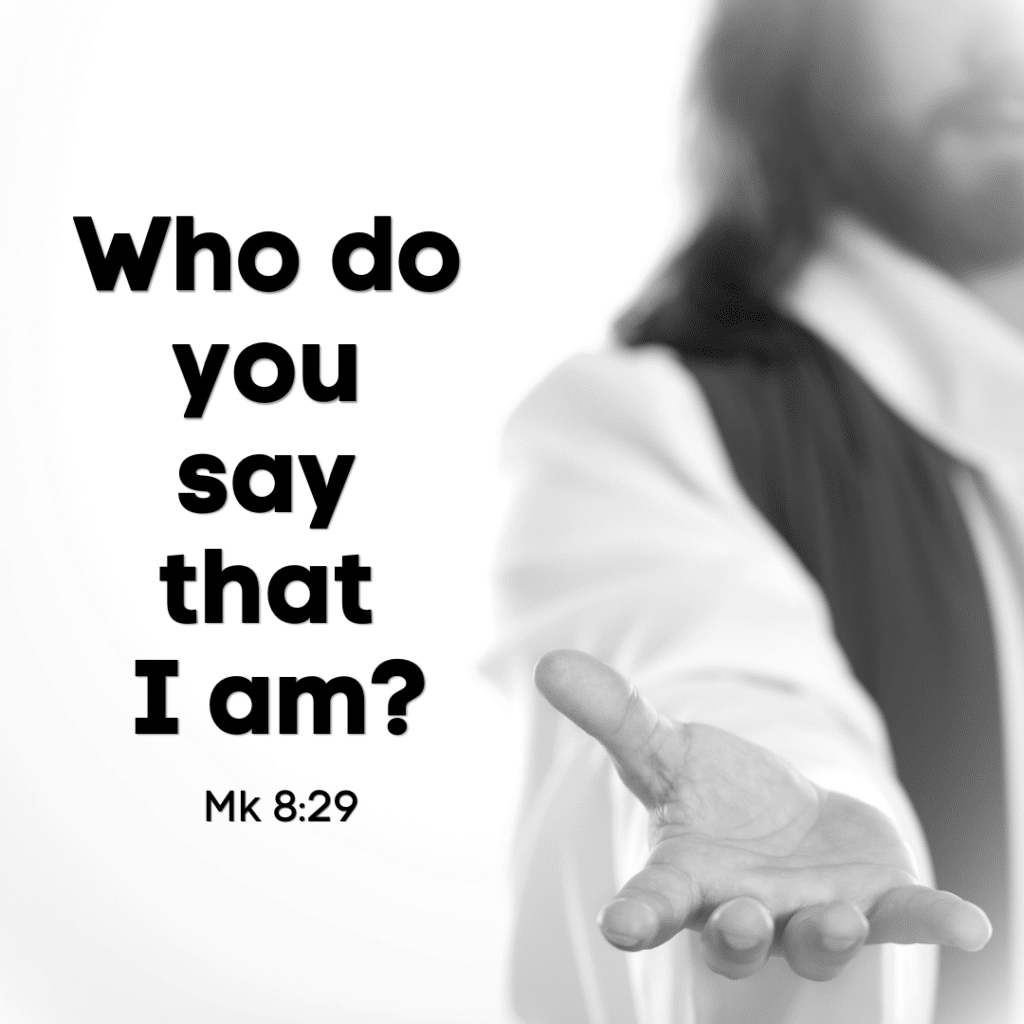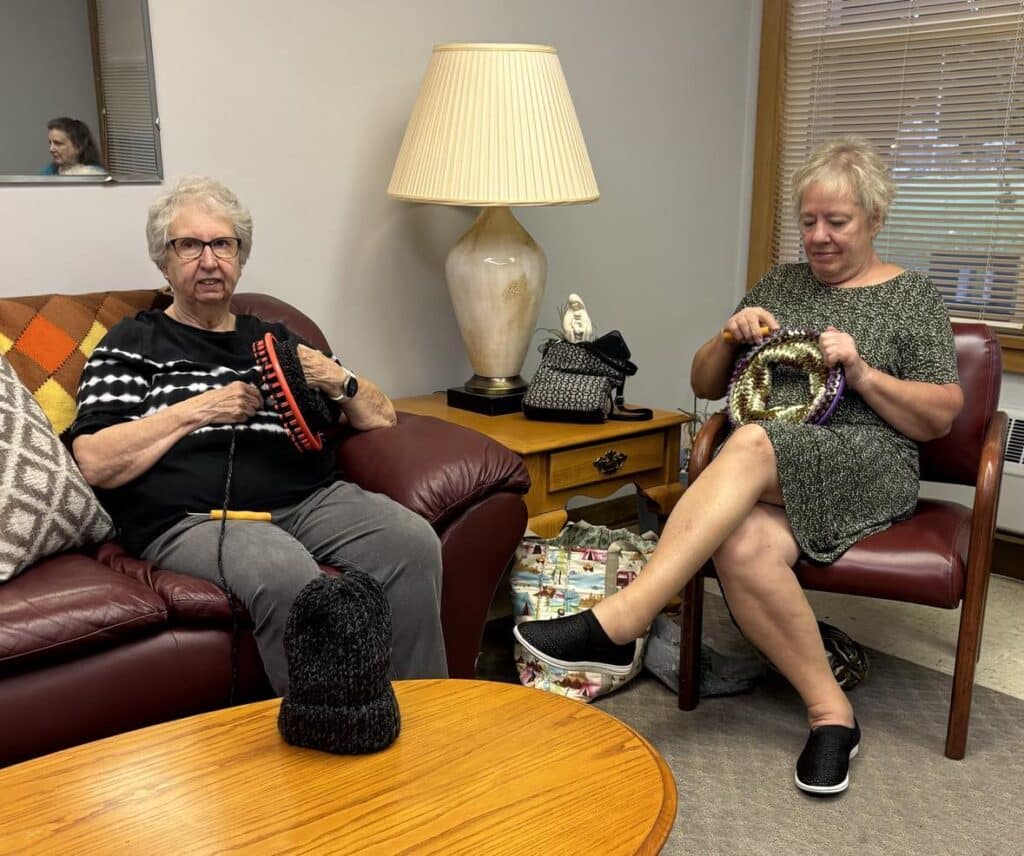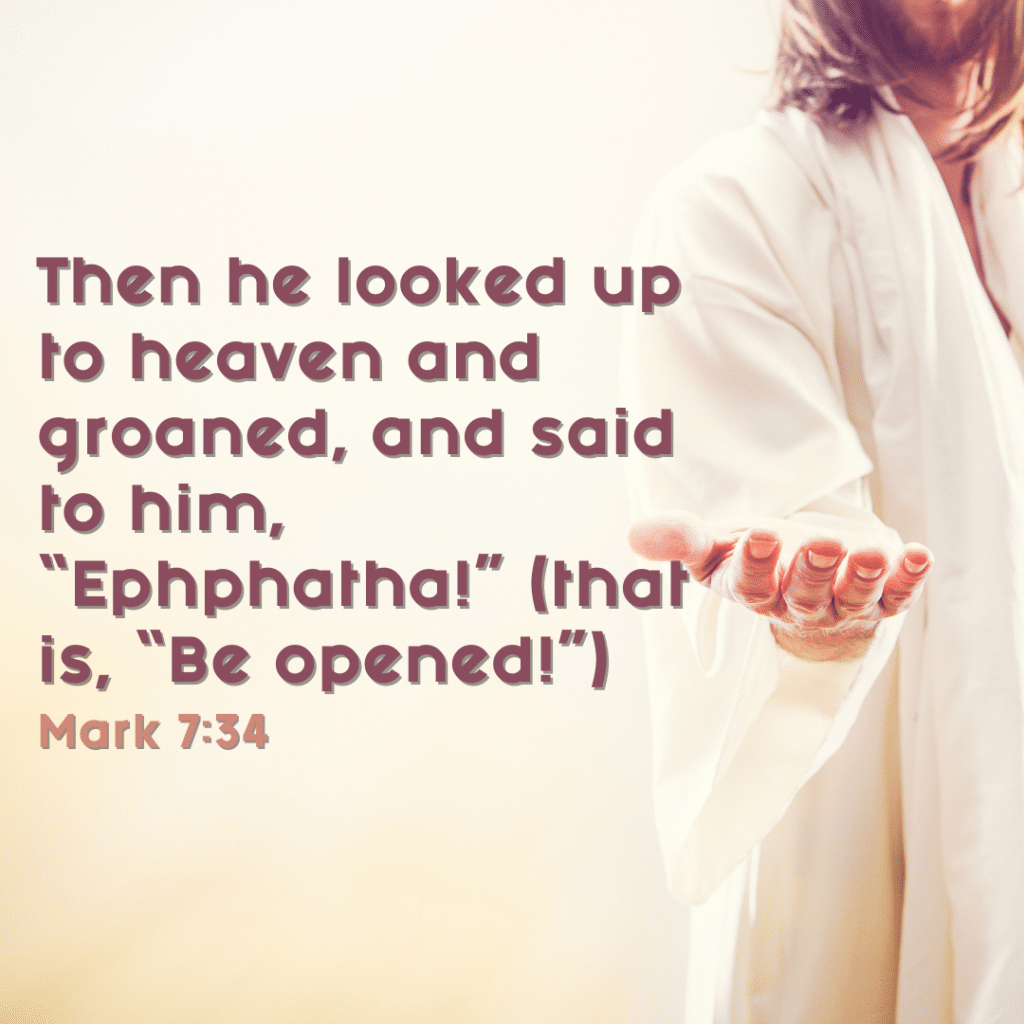Be True and Generous
The Gospel of Mark chapter 12 continues, with God calling us to be authentic and generous. Read Sunday’s readings here.

Christ’s One Sacrifice for All
Calling Out Hypocrisy
This is one of the Gospel passages that can be a cautionary tale for us, especially if we volunteer a lot or work in the church. There was corruption in the Jewish faith in His time that was serving Herod more than God. High Priests had to be descended from Aaron in order to be chosen by the King in Jerusalem. Herod would choose the High Priest from more obscure Babylonian branches of the lineage of Aaron, to be more beholden to Herod, and therefore easy to control. Church politics can corrupt us, too, so we must be watchful and prudent. Jesus wants us to do our work so serve Him by spreading the Gospel and helping each other, not for us to secure places of power or prestige. It is a simple yet profound message.
